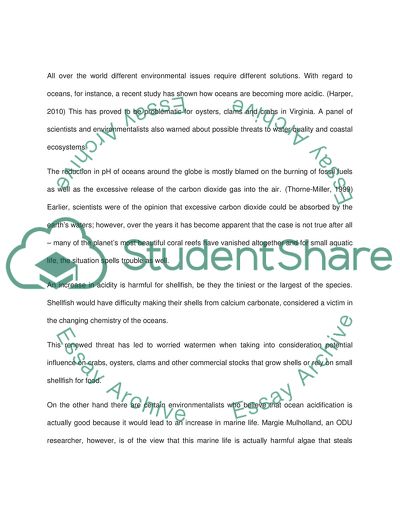Cite this document
(Context of Environmental Governance Research Paper, n.d.)
Context of Environmental Governance Research Paper. Retrieved from https://studentshare.org/environmental-studies/1735027-glopal-protected-areas-coral-reef
Context of Environmental Governance Research Paper. Retrieved from https://studentshare.org/environmental-studies/1735027-glopal-protected-areas-coral-reef
(Context of Environmental Governance Research Paper)
Context of Environmental Governance Research Paper. https://studentshare.org/environmental-studies/1735027-glopal-protected-areas-coral-reef.
Context of Environmental Governance Research Paper. https://studentshare.org/environmental-studies/1735027-glopal-protected-areas-coral-reef.
“Context of Environmental Governance Research Paper”, n.d. https://studentshare.org/environmental-studies/1735027-glopal-protected-areas-coral-reef.


